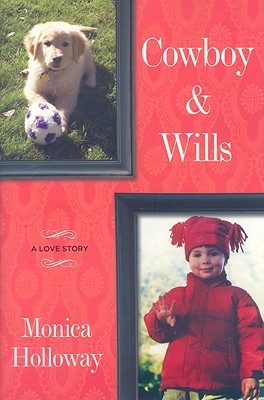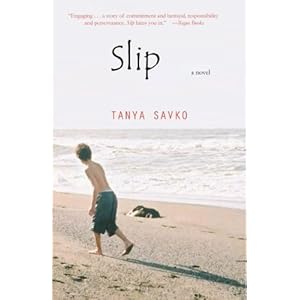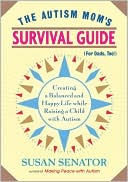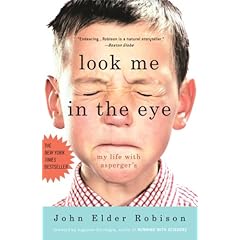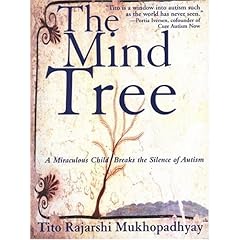Well, I finally read it – Cowboy & Wills. I’d put it off long enough. Not because I didn’t want to read it, but because I knew it would hit close to home. And some of that stuff is hard to relive. By “stuff,” I mean the younger years – when you can’t leave the house because your child’s sensory issues are so severe. The overwhelming years of constantly going to therapy and doctor appointments and special education team meetings. The difficulty of dealing with ignorant people. It was all there. But there was more “stuff” there that I hadn’t even realized.
Cowboy & Wills, by Monica Holloway, is the touching memoir of a boy who has autism and his dog. When Holloway’s son, Wills, is diagnosed with autism, she finds comfort by acquiring various pets – fish, hamsters, hermit crabs, a turtle, a rabbit. I laughed aloud reading her descriptions of their antics! Before long, Wills indicates his desire for a dog, and Holloway starts researching. Cowboy makes her appearance, and the miracles start happening. Wills begins sleeping in his own bed (with Cowboy), becomes more comfortable and sociable at school and with new people, starts swimming in the backyard pool, and even says his first “I love you.” All because of Cowboy. It’s a book that’s both sweet and funny, sad and happy, and all about love and hope.
But for me, it was more than just a good read. It struck a chord with me in a way that I never expected. In a scene when Holloway is taking her son to his first OT appointment, out of the blue he asks her, “What’s wrong with me?” He asks it in the same way and at the same age that my son asked me the exact same question. It threw me back to that heartbreaking moment, back to being shocked that he could formulate the words to ask and trying in a split second to figure out how to answer him. But it was also the moment of my calling – when I first decided that I would write about autism. It was good to be reminded of that.
I cried at the ending, of course, but at some point I realized that I was also crying about something else. It finally dawned on me that I never acknowledged my feelings and my fears all those years ago when my own son was diagnosed. I just accepted it and got down to the business and busyness of pursuing his therapies and just getting through the day. I suppose it was mainly because I also had a second child with special needs and didn’t have the time or energy to pay attention to my own emotions. It’s amazing how you can shove those things down for so long and then they just surface at unexpected times, sometimes years later. It was definitely something I needed, without even realizing it. A lovely story and on-the-fly therapy – together in one good book!

